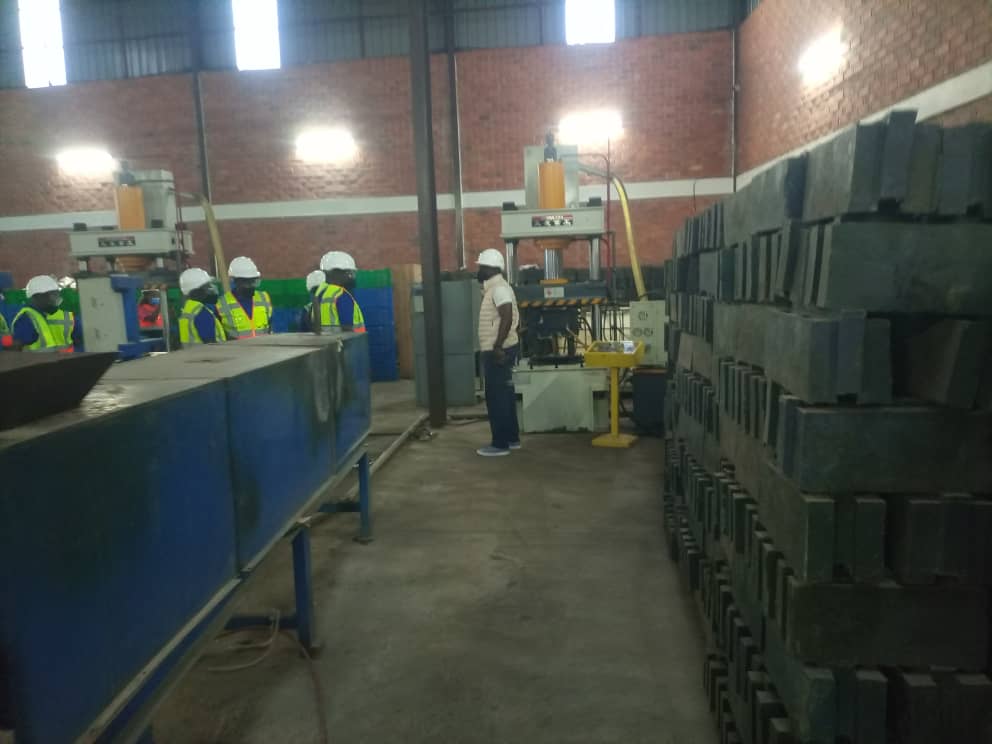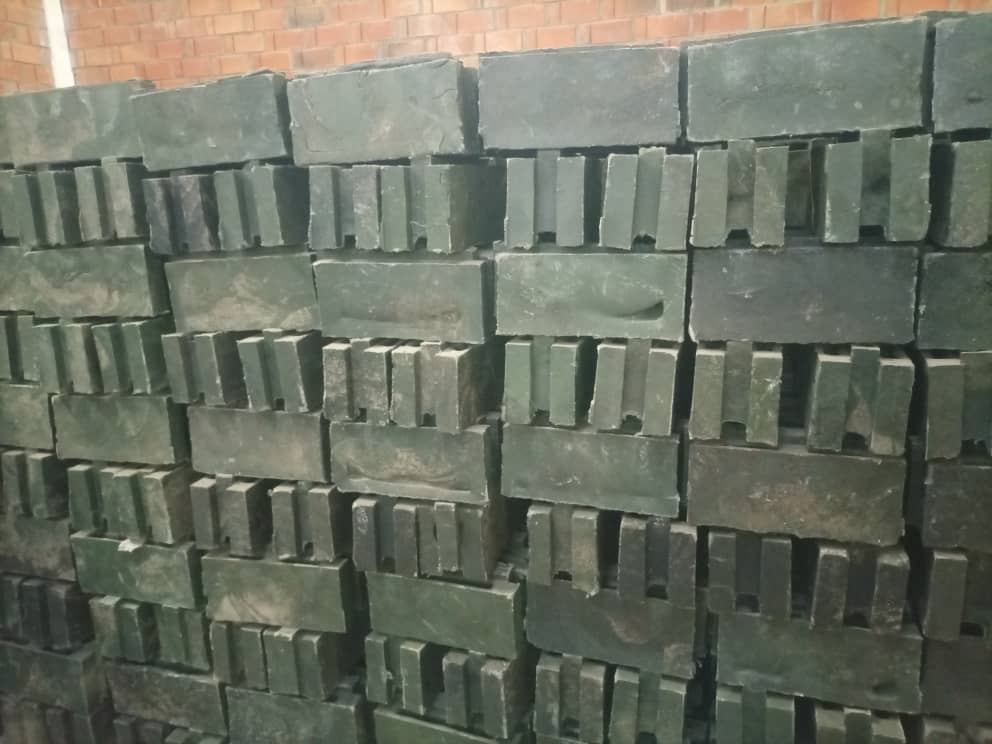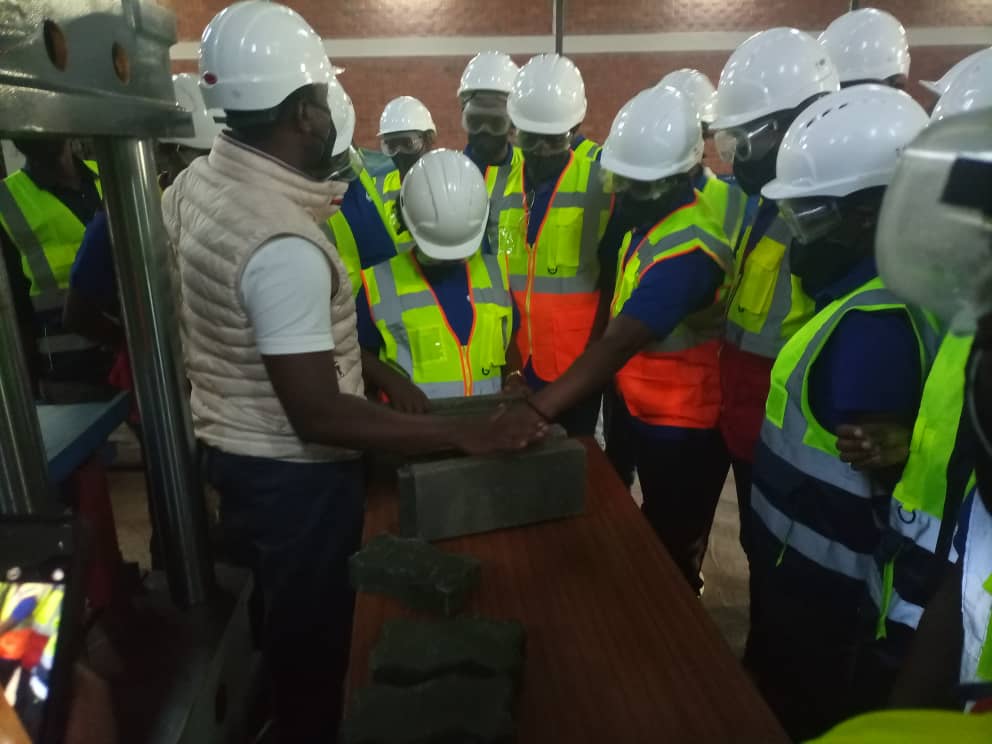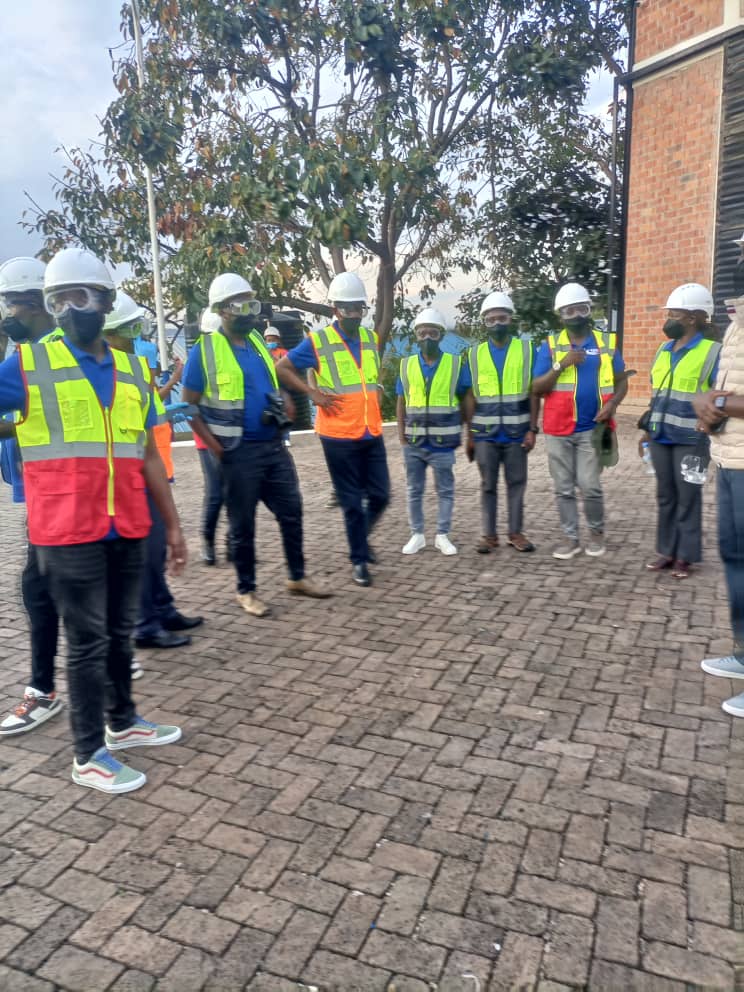In Rwanda, What Was Once Waste Has Become a Hub for Research
Author: NIYOMUGABA Jean Flex
In Rwanda, promising solutions continue to emerge to address environmental degradation and air pollution. Depot Kalisimbi, a factory based in Mageragere Sector, Nyarugenge District, processes hazardous waste and recycles various plastic materials. The factory has proven to be a key response to protecting the environment while also creating job opportunities.
Reports from the Rwanda Environment Management Authority (REMA) show that in 2018, only 2% of total waste was being recycled. In Kigali City, the recycling rate was higher, reaching around 10%, according to World Bank reports. These reports indicate that recycling rates in urban areas are generally higher than in rural areas. The Government of Rwanda acknowledges the need to enhance waste management efforts and is actively working on it. So far, the integration of recycled materials into the economy shows promising progress.
Depot Kalisimbi transforms waste into construction materials such as paving blocks, bricks, and other items.
To prevent accidents and explosions, the company also collects expired chemicals used in laboratories in schools across the country.
The company also plays a key role in managing the Nduba landfill site, which was once considered hazardous and a source of disease. Through collaboration with REMA, the Private Sector Federation (PSF), and other entrepreneurs, the site is now being managed sustainably to mitigate its harmful impacts on the environment.
Pascal Gatete, Director of Depot Kalisimbi, stated that before 2022, foreign visitors touring Kigali admired its cleanliness but often wondered where the waste went. In response, the Government of Rwanda implemented strong measures to manage the Nduba landfill and protect the environment. Waste is now sorted into compostable and plastic categories, the latter being collected by Depot Kalisimbi and transformed into various useful products.
In the past, hospital visitors could easily spot hazardous waste such as used syringes or disposable gloves. Even when attempts were made to burn them, the resulting smoke posed risks to patients, potentially causing further health issues.
Today, expired medications and other hazardous waste are no longer scattered carelessly. Everything is collected, treated, and repurposed into other useful materials.
This progress is part of Rwanda’s broader effort to empower private investors to bring sustainable solutions. As a result, international delegations increasingly visit Rwanda for study tours, hoping to learn from the country’s effective and health-conscious waste management systems. Rwanda continues to set an example in seeking innovative solutions.
Among these solutions is the ongoing investment in and adoption of advanced technologies that enhance waste processing capacities, support various industries, and protect the environmentdriven by strong political will and strategic planning.





